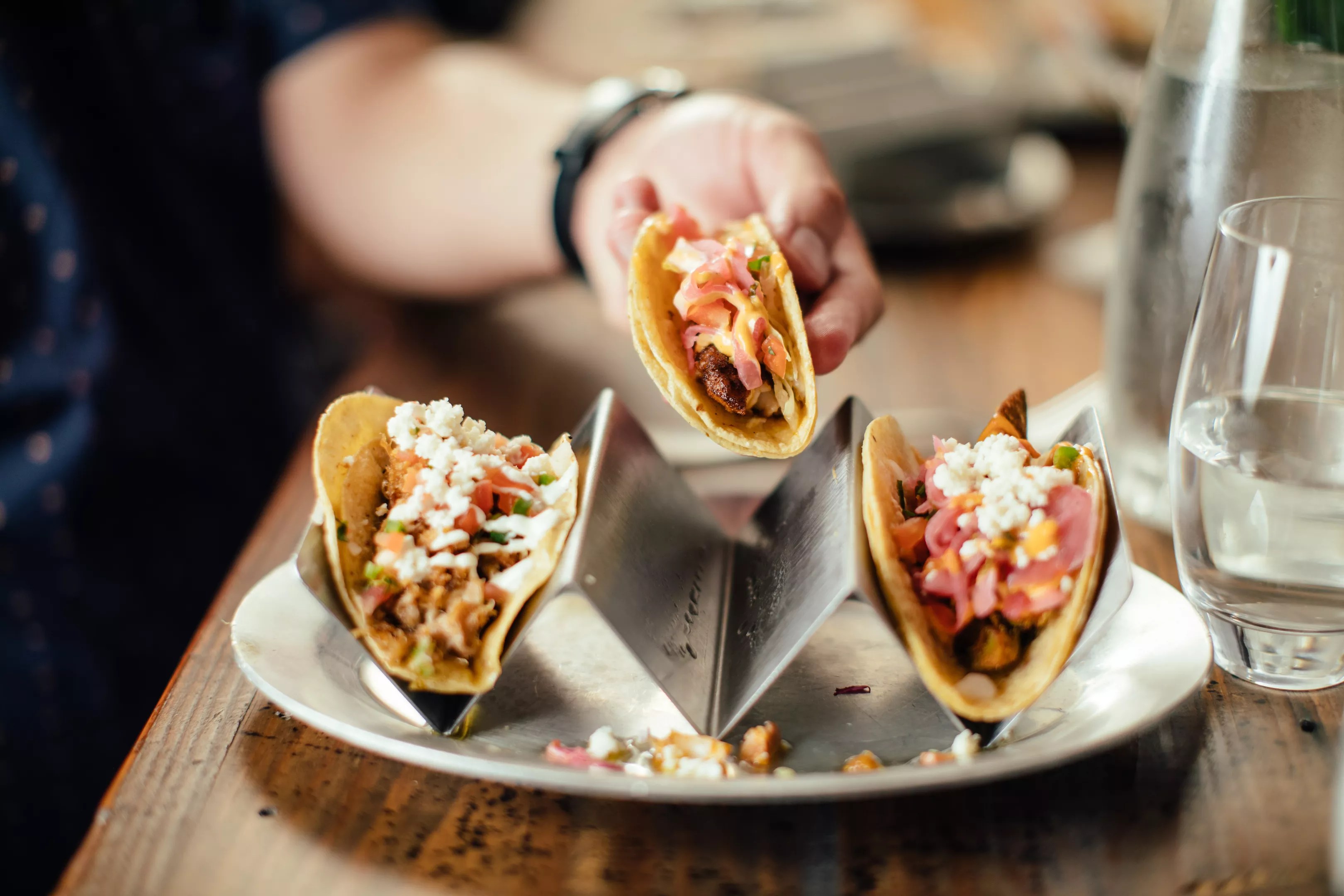
Kathy Tran

Audio By Carbonatix
California has taken a hard stance on drip pricing, a practice in which businesses advertise only a part of the price and reveal other charges over the course of the buying process. A new state law that goes into effect on July 1 will outlaw such charges and allow customers to take legal action against businesses that use them.
The law will affect several industries, such as the embattled concert ticket market as well as hotels and resorts. Restaurants that use auto gratuities, service fees and other surcharges will be affected as well, and California business owners are already speaking out.
“We have so many other ways we can be sued for no reason,” Kwini Reed, owner of Los Angeles brunch spot Poppy and Rose, told The New York Times. “We don’t need another lawsuit that is just going to incur more fees, which could put someone on a path of closing. As a human being, why would you do that?”
Other business owners believe that these fees were necessary to ensure that their servers make a living wage. One claimed that the surcharges provided necessary information that doesn’t come with simply raising the advertised price.
“If you just see a $12 taco, there’s no context,” Genevieve Hardison, director of operations and LA Tex-Mex spot Bar Ama, told the Times.
There isn’t a law like this in Texas, but the conversation surrounding drip pricing affects businesses nationwide. Customers in Texas may not have legal recourse when hit with unexpected fees, but they do have the choice to patronize businesses with more transparent prices.
Jimmy Contreras, owner of Taco y Vino in Bishop Arts, knows exactly what Hardison meant by “context.”
“Let’s say a taco plate costs $10 and I increase the price every time because beef goes up,” he tells the Observer. “It doesn’t make sense, right? Because my beans and cheese tacos stay the same price.”
Many of the ingredients at Taco y Vino, such as beef and avocados, fluctuate in cost depending on the season. Contreras would rather maintain the same advertised price and add fees as needed than to let his customers believe the price of a dish went up by several dollars for no reason.
He’s never heard any complaints about this system, which he claims is thanks to transparency about any additional fees and properly gauging how customers feel about these changes.
“What I’ll do a lot of times is change it on my menu and not change it on their ticket,” he says. “Just for a couple of weeks because I want to kind of test the waters.”
Cheapsteaks, a Deep Ellum favorite that delivers on the reasonably priced cuts its name promises, also puts the opinion of the customer first.
It implements an automatic gratuity, which managing partner Jeff Biehler believes helps them retain employees and ensure they’re making enough money.
“The reason why people do that is because you know servers and bartenders make $2.13 an hour,” Biehler says. “A lot of people don’t understand that.”
Biehler is a staunch believer in transparency, however, and makes sure his customers are aware of this policy. It’s advertised on menus and signage around the restaurant.
“I do agree that it’s deceiving,” Biehler says of hidden fees. “You have to let people know about it before you do it. And if they don’t want to deal with it, they go somewhere else.”
While he’s happy to use auto-gratuity to give his employees a boost, the last thing Biehler wants is for them to slack on customer service just because they think their tip is guaranteed. The automatic part of the auto-gratuity comes with some caveats.
“My policy at Cheapsteaks is that if we’re going to do auto-grat, we better have tip-top service,” he says. “That is a problem that I’ve seen in some places. When they get auto-grat, they just get lazy.”
Hospitality is the top priority at Cheapsteaks. If a customer ever feels duped by the additional fees or unsatisfied with their service, Biehler will do what it takes to make things right.
“If a customer’s not happy with it, we’ll take it off,” he emphasizes. “The hospitality business is about making people happy. If you make someone unhappy, you’ve got to reverse it and make them happy. That’s how you stay in business.”
Contreras echoes that “the customer is always right” mentality.
“Customers have a lot more say than they think they do,” he says.